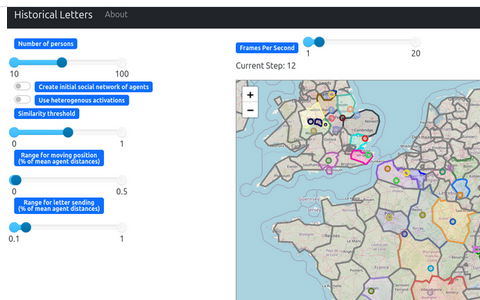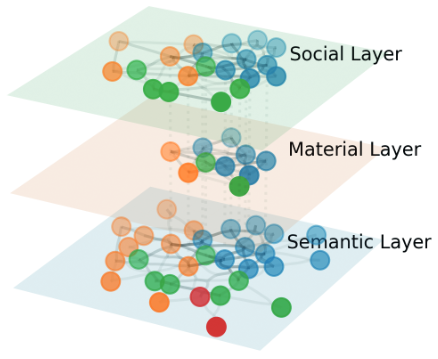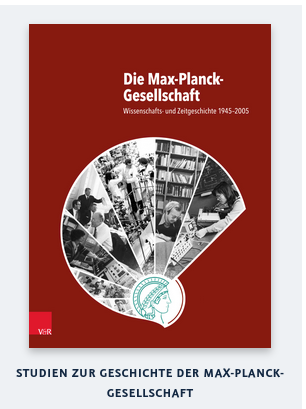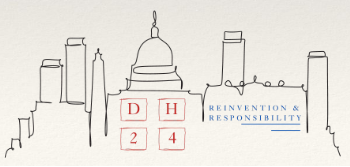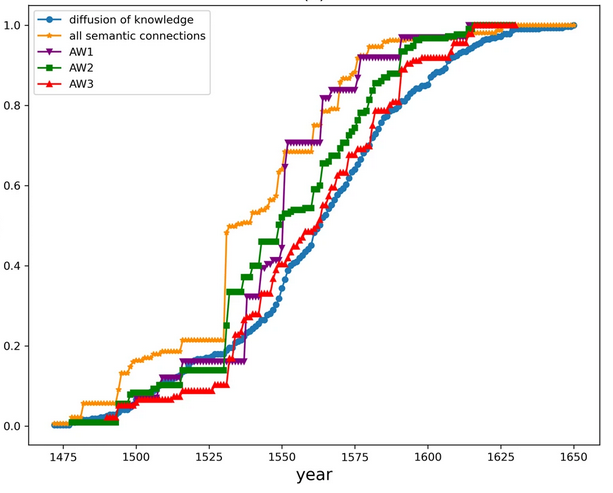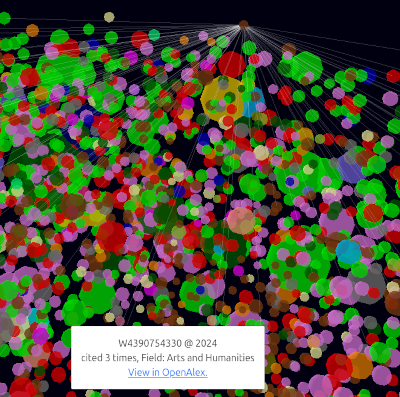Socio-epistemic networks: Modelling Historical Knowledge Processes
The growing interconnectedness of knowledge in the fast communicating nodes of the internet leads to an inherent dynamic production of knowledge. In order to profoundly understand the knowledge system resulting from these dynamics, it is crucial to also understand the development of knowledge systems in their historical unfolding.
To achieve this understanding it is necessary to obtain a description of knowledge systems development that is not only rigorous from the historical perspective, but also formalized from the mathematical standpoint, covering the dynamical interactions of people, materials and ideas.
The project was funded by the Federal Ministry of Education and Research (Grant No. 01 UG2131) from 01.04.2021 to 31.03.2024 and part of Department I of the MPIWG.
